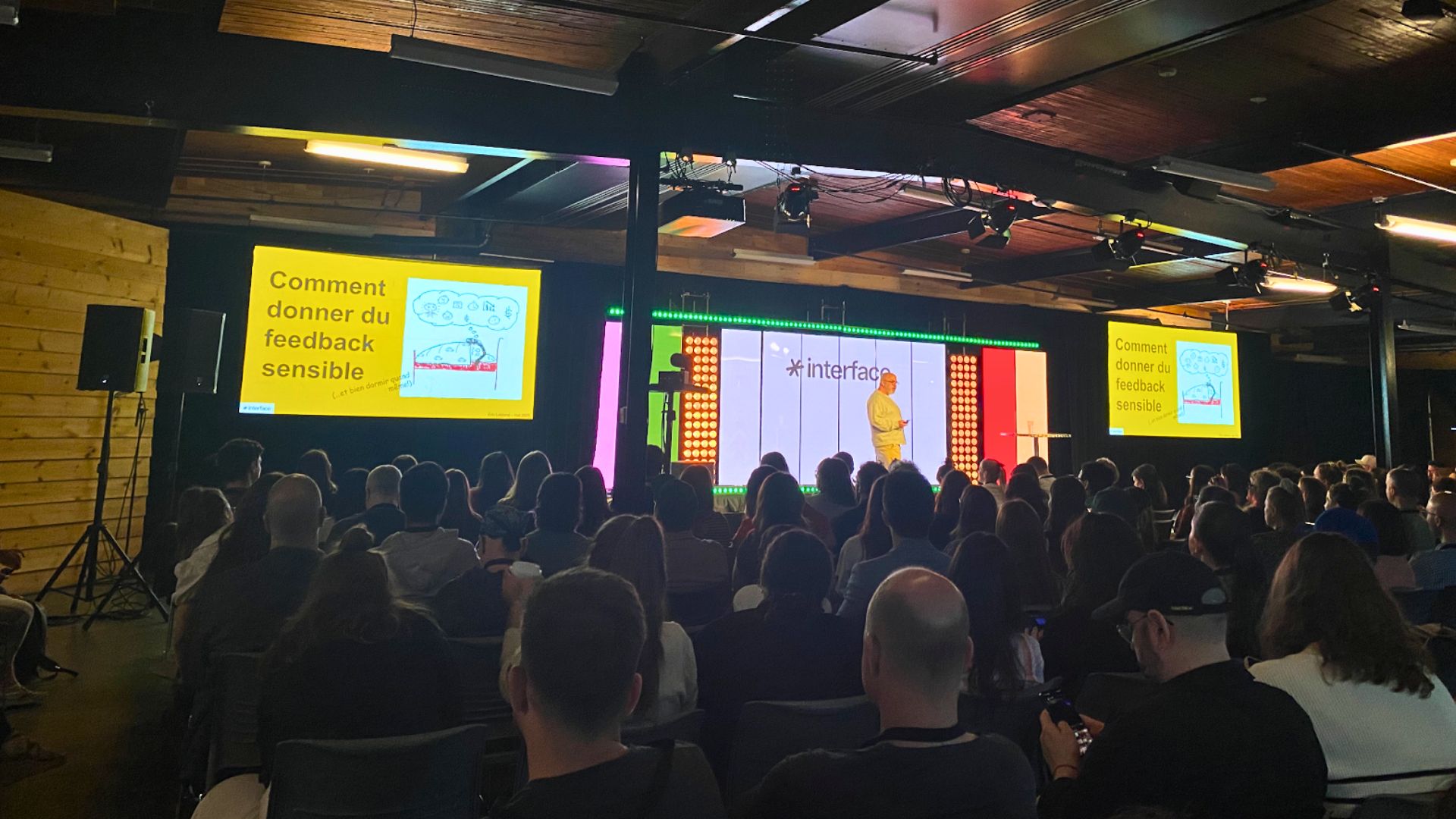Que sont les CLOM (MOOC, en anglais)? Quel est leur impact sur l’apprentissage et comment révolutionnent-ils l’enseignement supérieur? Voilà quelques questions auxquelles un nouveau guide du REFAD offre des pistes de réponse qui intéresseront aussi le milieu primaire et secondaire dans leur essence.
Préparé pour le Réseau d’enseignement francophone à distance du Canada (REFAD) par M. Robert Grégoire, ce document retrace l’historique des cours en ligne ouverts et massifs (CLOM), depuis le Canada jusqu’à leur optimisation aux États-Unis et leur adoption subséquente, en Europe et de par le monde. Les très nombreuses sources consultées, autant scientifiques et gouvernementales qu’expertes et médiatiques, permettent de clarifier les enjeux auxquels sont confrontés les institutions d’enseignement canadiennes, particulièrement en termes de l’enseignement supérieur et professionnel.
Le guide s’articule en trois parties. Dans la première, on présente un historique des trois étapes de développement des CLOM, d’abord dans leur forme connectiviste au Canada, ensuite à travers leur explosion exponentielle aux États-Unis, et enfin dans leur adoption rapide par les autorités éducatives et gouvernementales, ailleurs dans le monde. Ce bilan d’un phénomène marquant de l’éducation est principalement articulé à travers quelques méta-analyses qui permettent de brosser un tableau compréhensif de la situation et de déterminer que les CLOM, loin d’être une mode passagère, sont un phénomène perturbateur qui a le potentiel de transformer l’enseignement traditionnel, particulièrement dans ses institutions établies.
Dans la seconde partie du guide, on examine les CLOM à travers leurs quatre grands acteurs que sont les institutions d’enseignement, les apprenants, les consortiums de plateforme et l’entreprise privée. Cette approche permet de mieux comprendre les relations complexes qui régissent cet écosystème et de discerner les tendances actuelles et les enjeux futurs. On approche notamment ces questions à travers la lunette du modèle d’affaires des CLOM et de la pédagogie, qui fait un peu figure de parent pauvre dans cette équation trop souvent régie par des impératifs de rentabilité.
La troisième section se tourne vers le Canada francophone pour examiner, à travers un sondage et des entrevues, quel est l’accueil réservé aux CLOM et comment ils sont intégrés dans la planification stratégique de nos institutions d’enseignement. Cet examen fragmentaire de la situation canadienne française révèle une conscientisation générale, une adoption inégale et surtout un manque de concertation qui présente un risque important à l’heure où Internet offre une formation flexible et sur mesure auprès littéralement des plus grandes sommités internationales dans leur domaine, et ce à des coûts défiant la concurrence.














